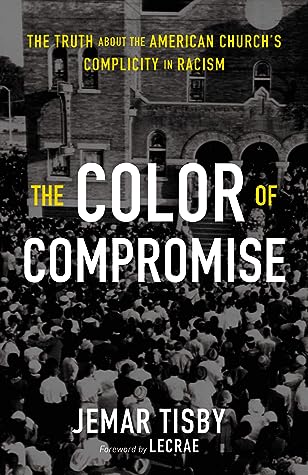More on this book
Community
Kindle Notes & Highlights
by
Jemar Tisby
Read between
January 12, 2021 - February 22, 2024
Through understanding our history, we can look to the world around us with new eyes and see ways we can move forward with focus and intentionality to make right what has been wrong so that justice will “roll down like waters, and righteousness like an ever-flowing stream.”
The refusal to act in the midst of injustice is itself an act of injustice. Indifference to oppression perpetuates oppression.
Historically speaking, when faced with the choice between racism and equality, the American church has tended to practice a complicit Christianity rather than a courageous Christianity. They chose comfort over constructive conflict and in so doing created and maintained a status quo of injustice.
“Not only did white Christians fail to fight for black equality, they often labored mightily against it.”
Christians deliberately chose complicity with racism in the past, but the choice to confront racism remains a possibility today.
History demonstrates that racism never goes away; it just adapts.
Through the centuries, black people have become the most religious demographic in the United States.
American Christians have never had trouble celebrating their victories, but honestly recognizing their failures and inconsistencies, especially when it comes to racism, remains an issue.
Complicit Christianity forfeits its moral authority by devaluing the image of God in people of color.
courageous Christianity embraces racial and ethnic diversity. It stands against any person, policy, or practice that would dim the glory of God reflected in the life of human beings from every tribe and tongue.


